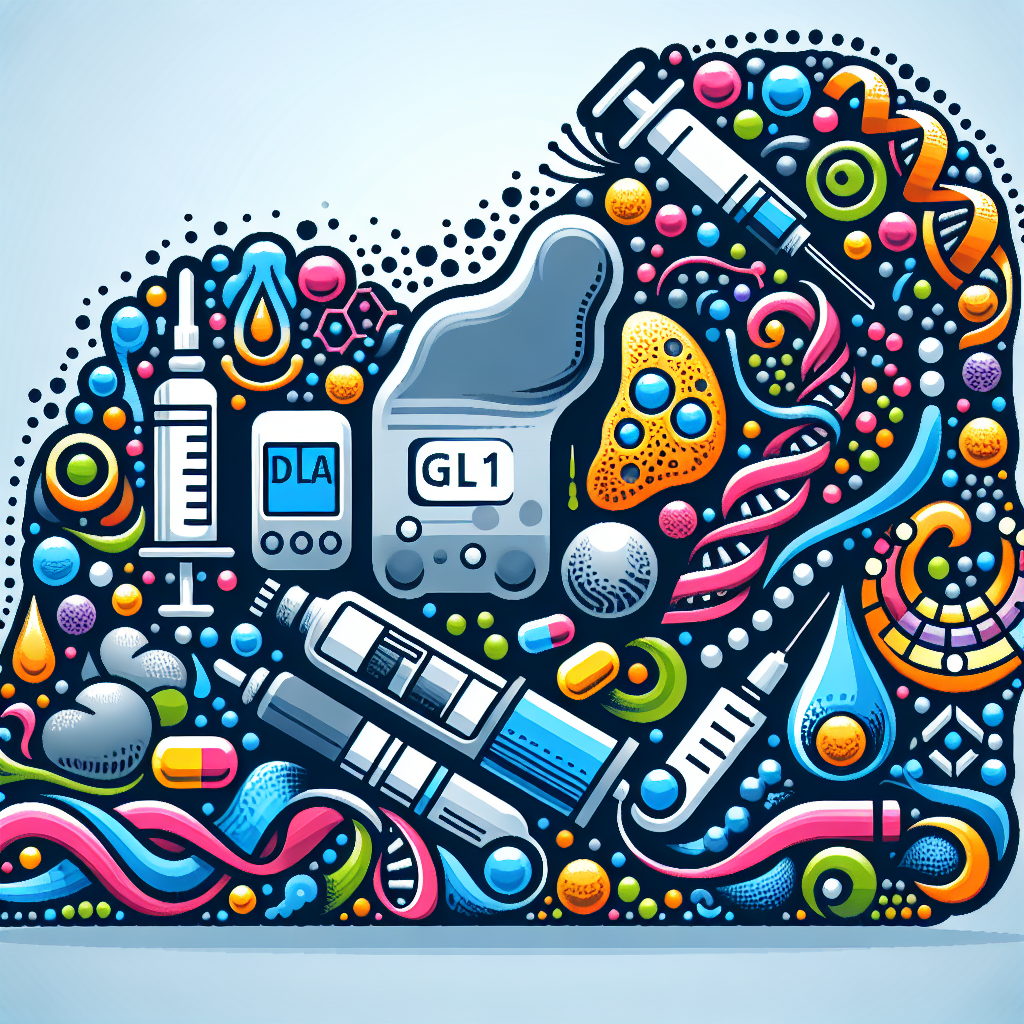Revolutionary Medical Advances: From Cancer Risk Reduction to Quick Drug Administration and Innovative Weight Loss Solutions
Recent research in the U.S. links GLP-1 drugs for diabetes and weight loss to variations in cancer risk, highlighting a 17% overall reduction. Meanwhile, advancements in drug delivery promise faster treatments, and plant-based microbeads offer a drug-free approach to weight loss, as demonstrated in lab rats.

American researchers have recently unveiled studies suggesting that GLP-1 drugs, primarily used for diabetes management and weight loss, may alter cancer risks among patients. Diving into a decade of medical records, they determined a significant 17% overall reduction in cancer exposure for GLP-1 users, although some data indicate a potential, albeit non-significant, increase in kidney cancer risk.
Meanwhile, groundbreaking technological advances might soon condense lengthy intravenous infusions into rapid, manageable injections. This transformative approach, relying on novel protein coating techniques, was publicized in Science Translational Medicine, heralding a change that allows complex drug administrations to transition from prolonged clinic sessions to quick in-home processes.
Adding another layer to the evolving health science landscape, Chinese researchers have developed boba tea-like microbeads that facilitate weight loss. Composed of green tea and vitamin E, these pearls, when orally consumed, propelled significant weight reduction in rats. Results are promising, and human trials are underway, potentially signaling a new era for drug-free weight management.
(With inputs from agencies.)










